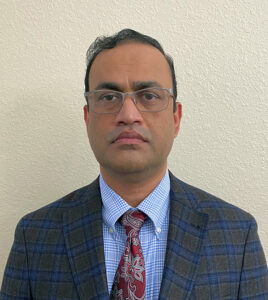The family doctor is one of the key figures in the modern healthcare system. His role goes far beyond the diagnosis and treatment of diseases. The family doctor provides a comprehensive approach to medical care, acting as the main consultant, coordinator and confidant for patients.
Main Functions Of A Family Doctor
The family doctor plays a multifaceted role that covers prevention, diagnosis, treatment and rehabilitation. His main functions include:
1. Disease Prevention
A family doctor carries out regular preventive examinations, vaccination campaigns, monitoring of chronic diseases and teaching patients about a healthy lifestyle. Thanks to this, the risk of developing serious diseases such as diabetes, hypertension or cardiovascular diseases is reduced.
2. Diagnosis And Treatment
A family doctor is the first medical specialist a patient turns to. He or she performs initial diagnostics, prescribes treatment, or refers the patient to specialized doctors if necessary.
3. Rehabilitation
In the postoperative or post-hospital period, the family doctor helps the patient return to normal life, monitors the recovery process and controls the intake of prescribed medications.
4. Psychological Support
The family doctor is often the first person to provide patients with not only physical but also emotional support. This is especially important in cases of chronic or incurable diseases.
The Importance Of A Family Doctor In The Healthcare System
Family doctors form the basis of primary health care, which is the first line of defense for the population in matters of health. Their role significantly increases the effectiveness of the healthcare system:
1. Improving Access To Health Services
The family doctor is the first point of contact for patients, making it easier to access health care. This is especially important in rural and remote areas where there may be a shortage of specialized specialists.
2. Economic Efficiency
Through early diagnosis and prevention, family physicians help reduce the costs of expensive specialized procedures and treatment of complications.
3. Individual Approach
A family doctor knows his or her patients’ medical history well, which allows him or her to make informed decisions and offer personalized recommendations.
4. Treatment Coordination
The family doctor acts as a coordinator between different levels of medical care, ensuring continuity of the treatment process and preventing duplication of examinations.
Challenges And Prospects
Despite the obvious importance of the role of the family doctor, there are certain challenges that need to be addressed to improve the efficiency of this part of the healthcare system:
1. The Burden On Doctors
Staff shortages and large patient volumes can lead to overload of family doctors, which affects the quality of medical services.
2. The Need For Continuous Learning
Medical knowledge is rapidly changing, so family doctors must regularly improve their skills to remain competent in modern conditions.
3. Integration With Digital Technologies
The introduction of electronic medical records, telemedicine and other innovations requires adaptation from both physicians and patients.
The family doctor is a central figure in the healthcare system, providing patients with high-quality, accessible and comprehensive medical care.
In Summary
Their role is indispensable in disease prevention, treatment and coordination of medical services. In order to further develop this sector, it is necessary to address the challenges facing family doctors, providing them with adequate support and resources. This will strengthen primary health care and improve the overall health of the population.






